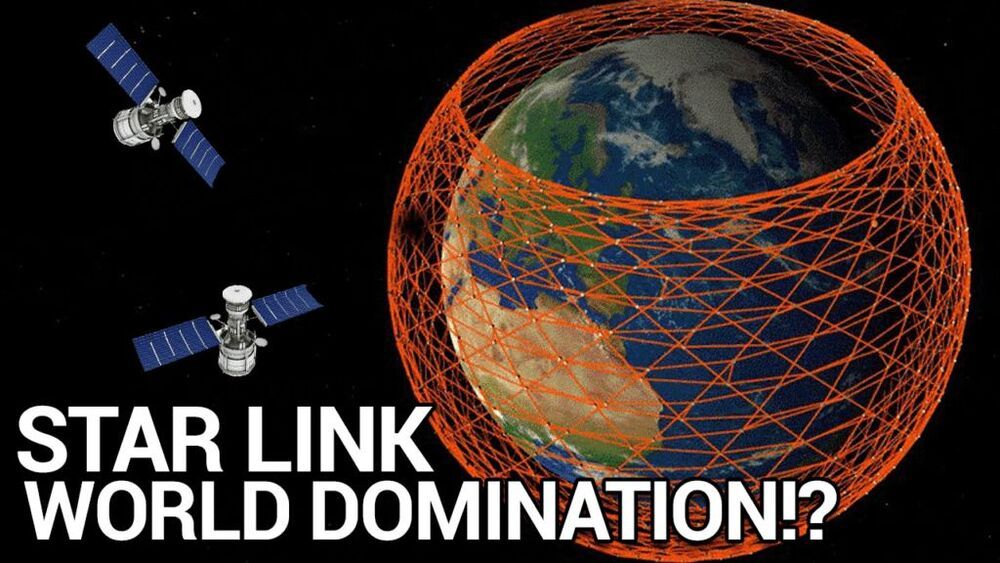Deep below the ground, radioactive elements disintegrate water molecules, producing ingredients that can fuel subterranean life. This process, known as radiolysis, has sustained bacteria in isolated, water-filled cracks and rock pores on Earth for millions to billions of years. Now a study published in Astrobiology contends that radiolysis could have powered microbial life in the Martian subsurface.
Dust storms, cosmic rays and solar winds ravage the Red Planet’s surface. But belowground, some life might find refuge. “The environment with the best chance of habitability on Mars is the subsurface,” says Jesse Tarnas, a planetary scientist at NASA’s Jet Propulsion Laboratory and the new study’s lead author. Examining the Martian underground could help scientists learn whether life could have survived there—and the best subsurface samples available today are Martian meteorites that have crash-landed on Earth.
Tarnas and his colleagues evaluated the grain sizes, mineral makeup and radioactive element abundance in Martian meteorites and estimated the Martian crust’s porosity using satellite and rover data. They plugged these attributes into a computer model that simulated radiolysis to see how efficiently the process would have generated hydrogen gas and sulfates: chemical ingredients that can power the metabolism of underground bacteria. The researchers report that if water was present, radiolysis in the Martian subsurface could have sustained microbial communities for billions of years—and perhaps still could today.





